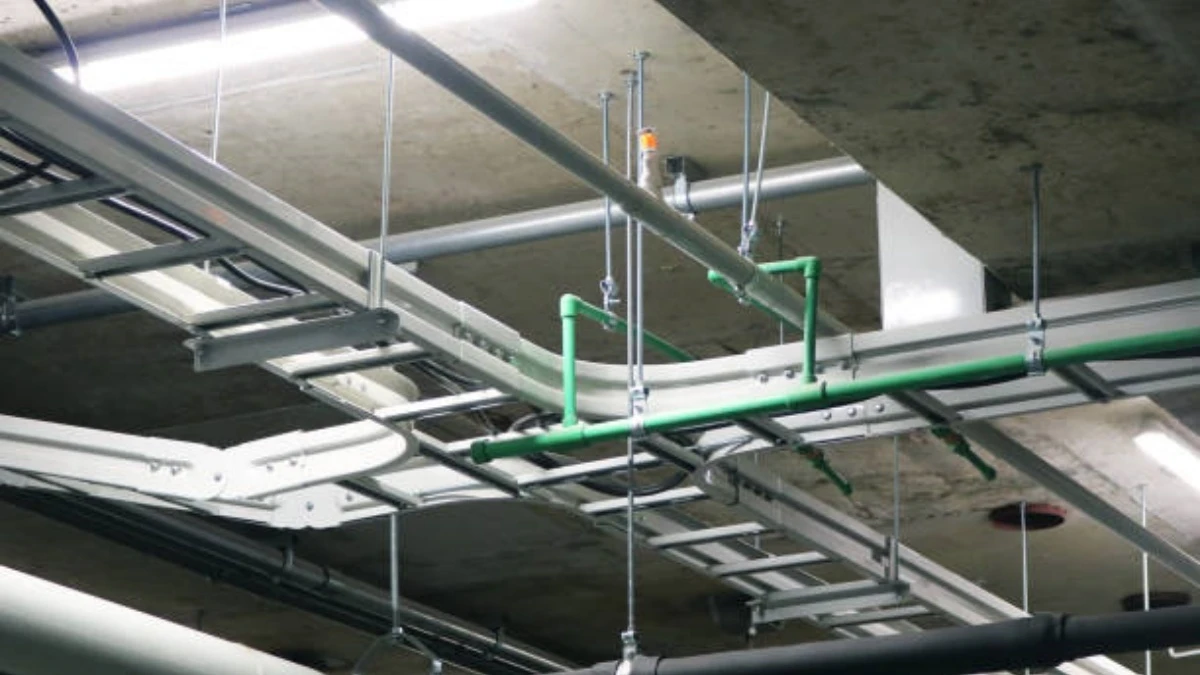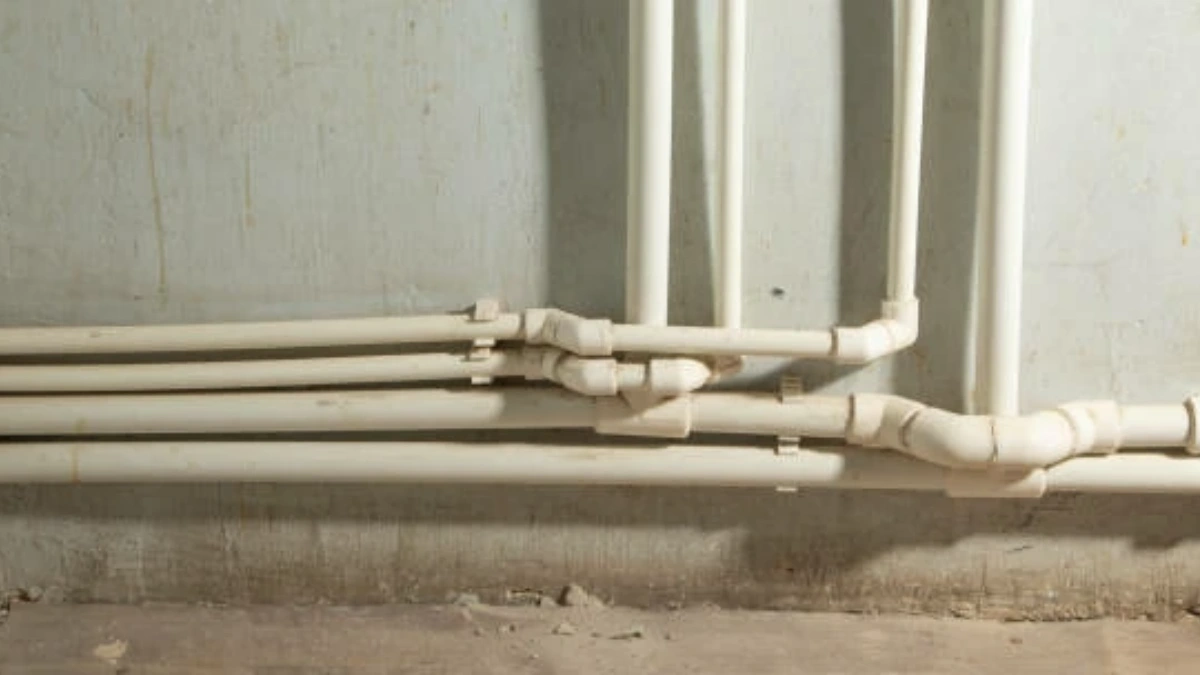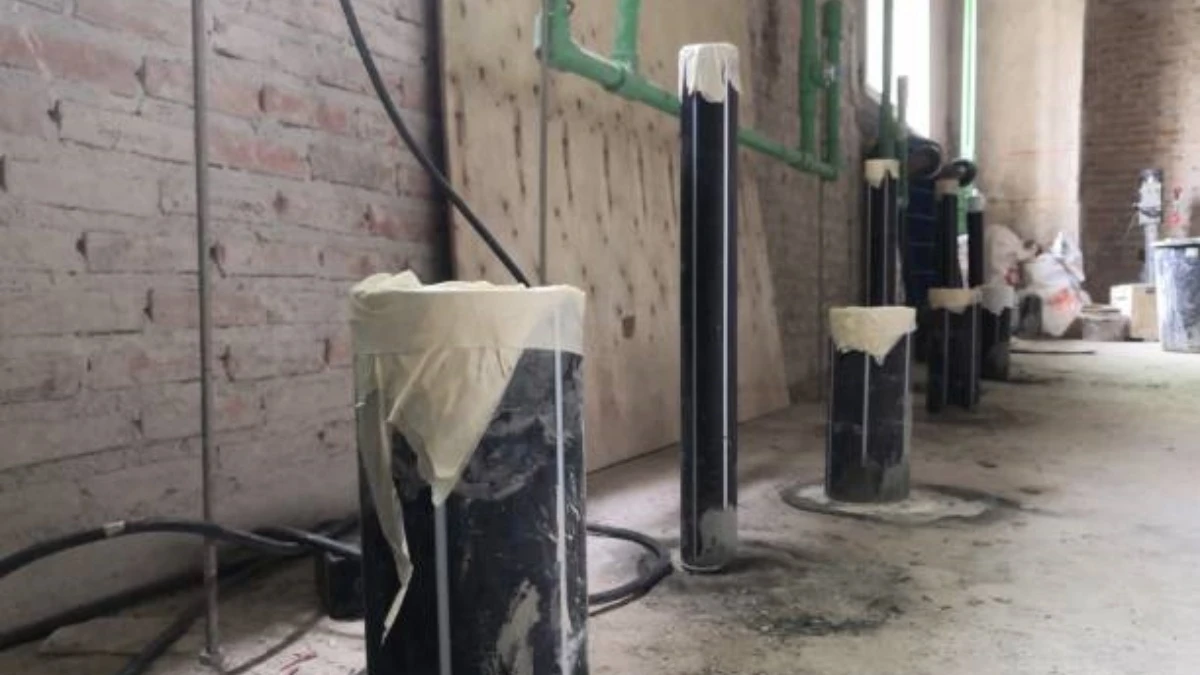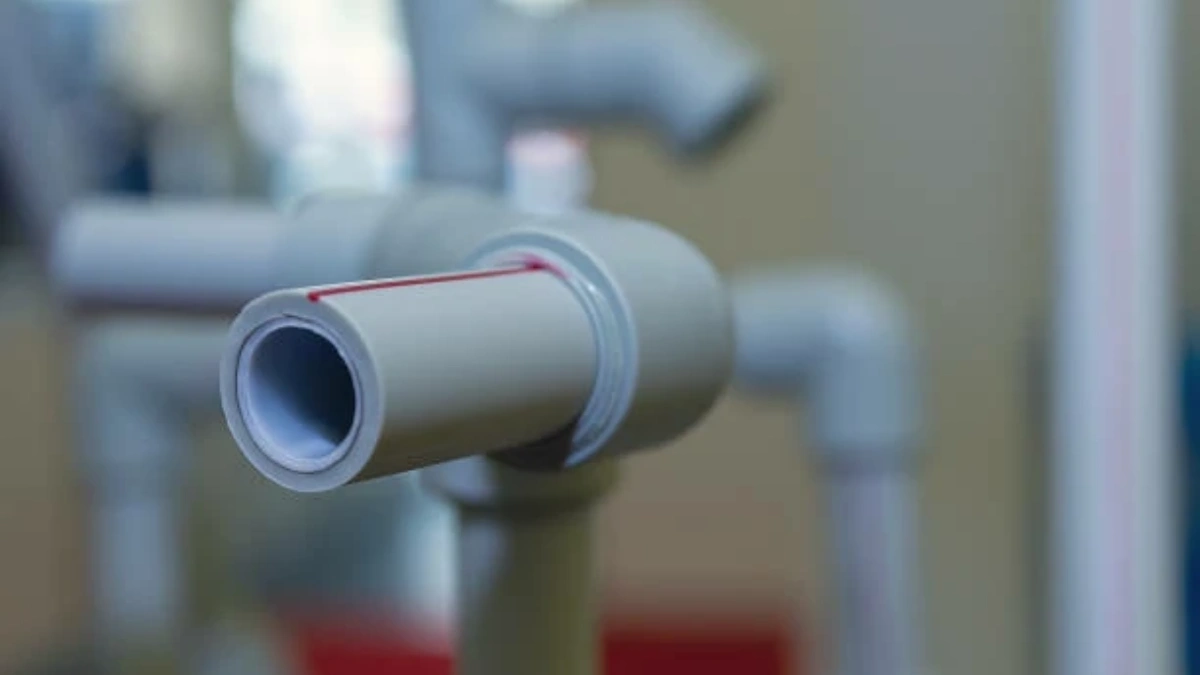The Colonial Belle, a popular sightseeing vessel on the Erie Canal, recently resumed operations after a tampered fuel valve left dozens of passengers stranded. The incident highlighted the vulnerability of critical components in maritime vessels and the importance of routine inspections and robust security measures.
This article explores the event in detail, the role of fuel valves in marine operations, and how maintenance and vigilance can prevent such disruptions in the future.
The Incident: What Happened to the Colonial Belle?
Tampering with the Fuel Valve
On [specific date], the Colonial Belle experienced an abrupt shutdown during a scheduled canal tour. An investigation revealed that the fuel valve had been tampered with, disrupting fuel flow to the engine and forcing the vessel to stop mid-journey.
Impact on Passengers
- Stranded on the Canal: Dozens of passengers were left waiting on the stationary boat for several hours.
- Evacuation Procedures: Crew members ensured passenger safety while coordinating evacuation efforts.
- Rescheduling Tours: The Colonial Belle had to cancel multiple tours until repairs were completed.
Understanding Fuel Valves in Maritime Operations
What Are Fuel Valves?
Fuel valves are critical components that regulate the flow of fuel from storage tanks to the engine. They ensure consistent and safe delivery of fuel, enabling the engine to operate efficiently.
Types of Fuel Valves
- Manual Shutoff Valves: Allow operators to manually start or stop fuel flow.
- Automatic Valves: Regulate fuel flow based on engine demand.
- Pressure-Relief Valves: Prevent over-pressurization in the fuel system.
Why Are Fuel Valves Critical?
- Engine Performance: A properly functioning fuel valve ensures steady engine operation.
- Safety: Fuel valves minimize the risk of leaks, overflows, or fires.
- Fuel Efficiency: Controlled fuel flow reduces wastage and improves efficiency.
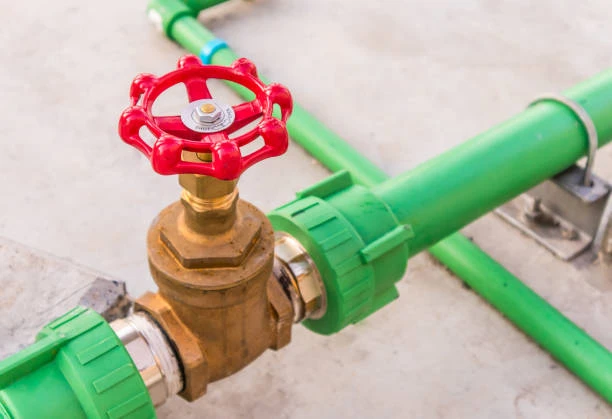
Consequences of a Tampered Fuel Valve
1. Operational Disruption
A tampered or malfunctioning fuel valve can halt engine operation, causing delays and financial losses.
2. Safety Risks
Tampering with fuel valves can lead to fuel leaks, increasing the risk of fires or environmental contamination.
3. Passenger Experience
In this case, stranded passengers experienced delays and inconvenience, impacting the vessel’s reputation.
How the Colonial Belle Recovered
Inspection and Repair
Technicians inspected the fuel system, identified the tampered valve, and replaced it with a secure, tamper-resistant model.
Enhanced Security Measures
The Colonial Belle’s management implemented stricter protocols to prevent unauthorized access to critical components:
- Locking Mechanisms: Added locks to fuel valves to deter tampering.
- Surveillance Cameras: Installed cameras near the engine room and fuel storage areas.
- Staff Training: Trained crew members to recognize signs of tampering.
Resuming Operations
After thorough testing and approval from marine safety authorities, the Colonial Belle returned to service, ensuring passengers of a safe and reliable experience.
Lessons Learned: Preventing Future Incidents
1. Regular Maintenance
Frequent inspections of fuel valves and related systems can identify vulnerabilities early.
2. Use of Tamper-Resistant Components
Replacing standard fuel valves with tamper-resistant designs can reduce the likelihood of interference.
3. Increased Monitoring
Surveillance systems and access controls help safeguard critical areas.
4. Crisis Management Training
Crew members should undergo regular training on handling engine failures and passenger safety during emergencies.
Case Studies: Similar Incidents in Maritime History
1. Ferry Breakdown in Seattle
A passenger ferry experienced engine failure due to a blocked fuel valve, resulting in a 10-hour delay. This incident led to new maintenance protocols across the fleet.
2. Cargo Ship Fuel Leak in Japan
A damaged fuel valve caused a significant leak, leading to environmental damage and regulatory fines. The event underscored the importance of robust valve systems.
The Role of Fuel Valves in Sustainability
Beyond safety and efficiency, fuel valves play a role in promoting sustainable maritime operations:
- Reducing Fuel Wastage: Controlled flow minimizes unnecessary fuel consumption.
- Preventing Spills: Secure valves lower the risk of fuel leaks, protecting marine ecosystems.
- Optimizing Engine Performance: Proper fuel delivery enhances overall energy efficiency.
Conclusion
The Colonial Belle’s swift recovery from the tampered fuel valve incident highlights the critical role of maintenance, security, and preparedness in maritime operations. Fuel valves, while small in size, have an outsized impact on engine functionality, passenger safety, and environmental protection.
By adopting tamper-resistant designs, enhancing security protocols, and maintaining rigorous inspection schedules, vessels like the Colonial Belle can continue providing safe and enjoyable experiences on waterways such as the Erie Canal.
FAQs
1. What is a fuel valve, and why is it important?
A fuel valve regulates the flow of fuel from storage to the engine, ensuring efficient and safe operation.
2. How was the Colonial Belle affected by the tampered fuel valve?
The tampered fuel valve disrupted fuel flow to the engine, leaving the vessel stranded and delaying its operations.
3. How can tampering with fuel valves be prevented?
Tampering can be minimized by using tamper-resistant valves, installing security systems, and conducting regular inspections.
4. What steps did the Colonial Belle take to resume operations?
The Colonial Belle replaced the damaged valve, enhanced security measures, and passed safety inspections before resuming service.
5. Why are fuel valves critical for sustainability in maritime operations?
Fuel valves help reduce wastage, prevent leaks, and ensure optimal engine performance, contributing to environmentally responsible practices.
By addressing these concerns, the maritime industry can safeguard its operations while delivering exceptional service to passengers.








